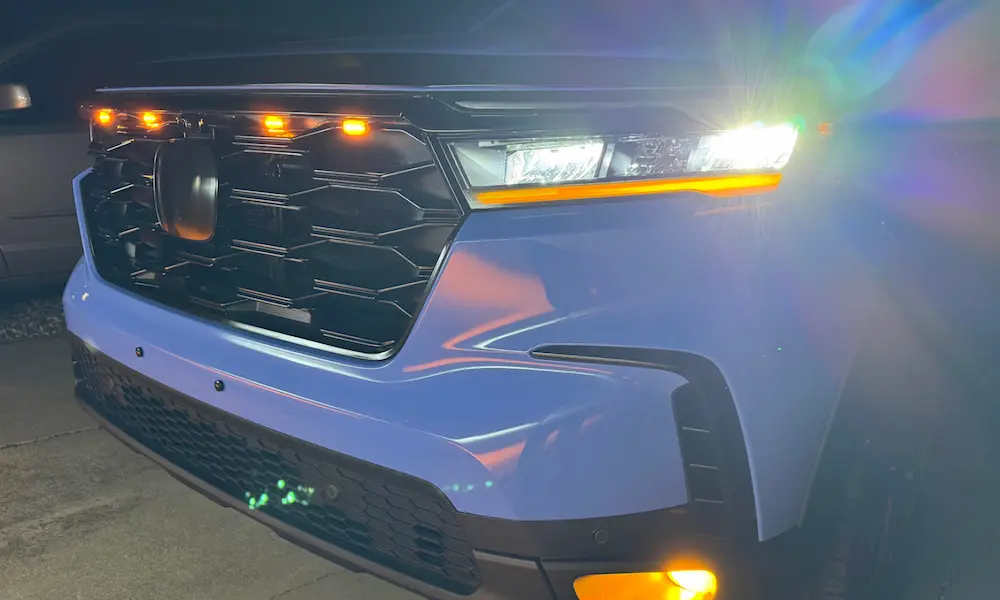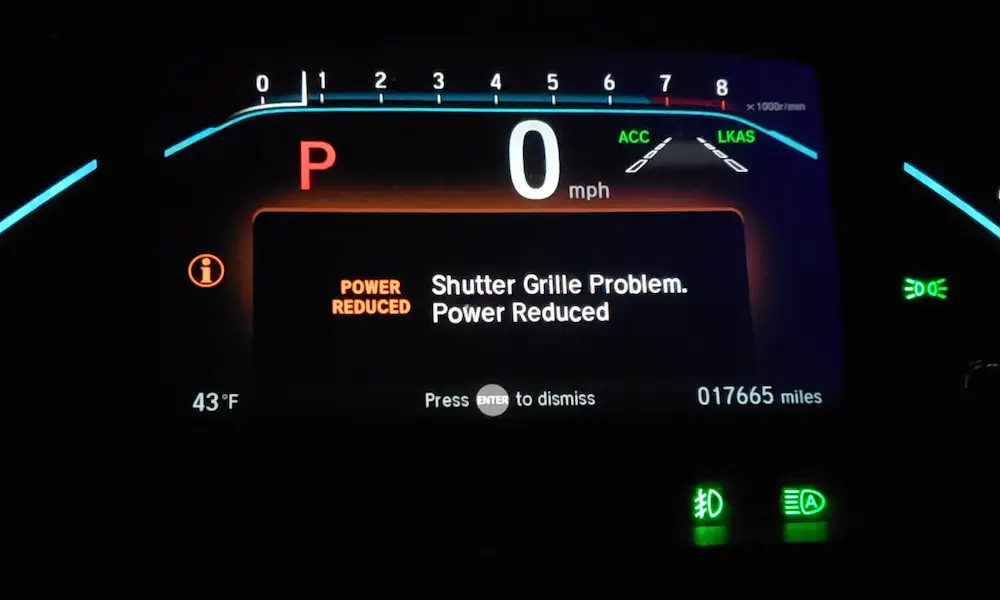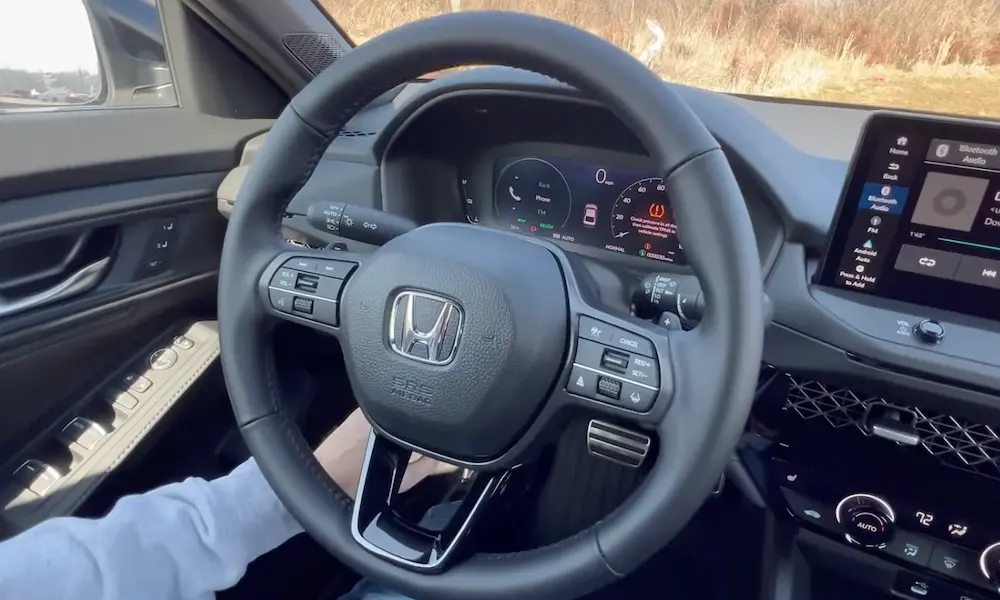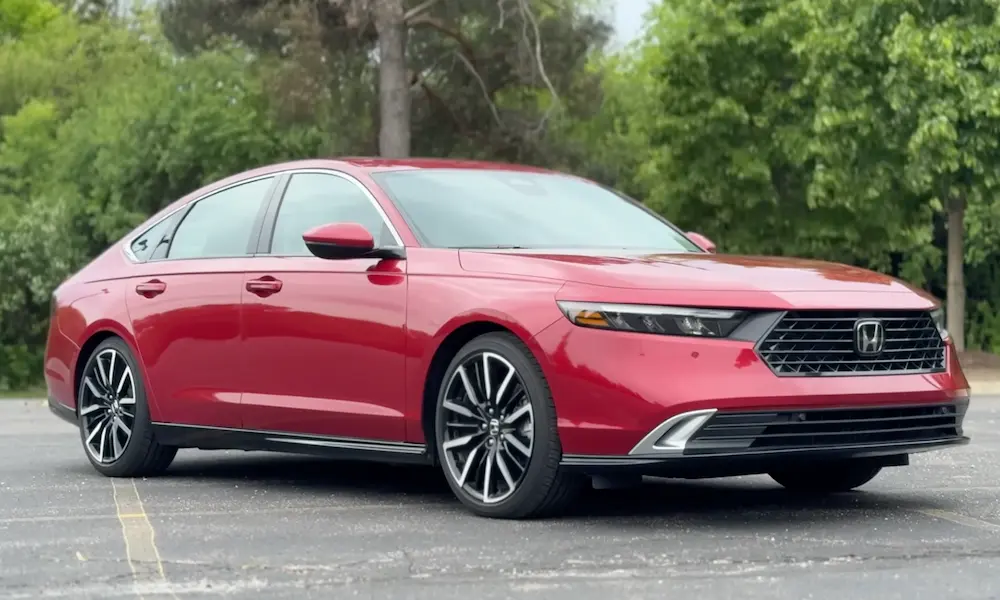A Honda PCM (Powertrain Control Module) malfunction can leave you scratching your head, as it’s responsible for managing various aspects of your vehicle’s performance. You might notice poor fuel economy, transmission issues, or even a check engine light. These signs often indicate a problem within the sophisticated system tasked with optimizing your Honda’s engine efficiency and emissions control.
As a Honda owner, understanding the potential causes and symptoms of a PCM malfunction can help you diagnose and address the issue. You will find that fixing a PCM issue often requires a professional mechanic with the knowledge and tools to identify the problem and resolve it.
Common Symptoms of Honda PCM Malfunction
Trouble Codes and Check Engine Light
One of the first signs of a PCM malfunction in your Honda is the appearance of trouble codes and the check engine light on your dashboard. This can be triggered by faulty sensors or poor connections, such as the oxygen sensor, mass airflow sensor, or crankshaft position sensor. Be sure to promptly address any check engine light to prevent further issues.
Stalling and Reduced Power
Another symptom of a failing Honda PCM is stalling and reduced power. When the PCM isn’t functioning correctly, it can cause your engine to stall, especially at low speeds or when the car is idling. You might also notice a decrease in your vehicle’s overall power and performance. If you’re experiencing these issues, it’s crucial to have your car inspected by a professional mechanic.
Shifting Problems and Efficiency
If your Honda’s PCM is malfunctioning, you may experience irregular shifting, particularly in automatic transmission vehicles. This often occurs when a sensor fails or if water damages a circuit in your car’s PCM or TCM. Shifting problems can also lead to a decrease in fuel efficiency. Don’t ignore these symptoms – take your car to a mechanic as soon as possible if it’s not shifting normally.
Other Malfunctions
In addition to the issues mentioned above, other symptoms of a bad PCM can include poor fuel economy and increased emissions. Be sure to keep an eye on your car’s performance and gas mileage, as these can be indicators of a problem with your vehicle’s computer system. If you notice any sudden changes, it’s essential to consult a mechanic for a proper diagnosis and possible PCM replacement.
It’s always best to address any potential PCM issues early to prevent damage to your Honda’s performance and overall longevity. By staying proactive and consulting a professional mechanic, you can keep your car functioning smoothly and efficiently.
Causes of Honda PCM Failure
Circuit and Wiring Issues
One common cause of Honda PCM failure is issues with the circuit and wiring. Faulty wiring or damaged connections can interrupt the communication between the PCM and the rest of your car’s electronic systems. This can lead to check engine lights and other problems. Make sure you inspect the wiring harness for any damage, frayed wires, or loose connections that could disrupt the PCM’s proper functioning.
Corrosion and Loose Connections
Another cause of Honda PCM failure is loose electrical connections or corrosion affecting the module’s connectors. Moisture, dirt, and debris can accumulate over time and lead to rust or corrosion, which, in turn, can negatively impact the performance of your PCM. It’s essential to regularly check and clean the connections on the module to make sure they are secure and free from corroding materials.
Software and Voltage Problems
Software and voltage-related issues can potentially lead to PCM malfunctions. Your car’s electrical system relies on a specific voltage to function correctly, and when that voltage is off, it can affect the overall performance of the engine control unit. Additionally, outdated software could also contribute to the failure of your vehicle’s PCM. To avoid these issues, perform regular upgrades of your car’s software and monitor the voltage levels to ensure they remain within the optimal range.
By addressing these causes, such as circuit and wiring issues, corrosion and loose connections, as well as software and voltage problems, you can help maintain the proper functioning of your Honda’s PCM and prevent potential failures.
How to Fix Honda PCM Issues
Checking and Replacing Fuses
When dealing with PCM malfunctions, start by checking the fuses and relays related to the PCM. Power supply issues can cause PCM errors. Locate your vehicle’s fuse box, usually found under the hood or near the driver’s side dashboard. Refer to your owner’s manual for specific fuse and relay locations. Inspect the fuses for any signs of damage or blown components. Replace any damaged fuses with new ones of the same rating.
Inspecting and Repairing Wiring
Next, inspect the wiring harness between the ECM and PCM. Look for any signs of damage, frayed wires, or cracked insulation. If you find any issues, repair the wiring by either replacing the damaged section or using electrical tape to cover exposed areas. A properly functioning wiring harness is essential for the PCM to communicate with other components.
Addressing Corrosion and Loose Connections
Finally, examine connectors for signs of corrosion and loose connections. Over time, moisture and debris can cause connections to become corroded, reducing signal quality between the ECM and PCM. If you notice any signs of corrosion, use a wire brush and contact cleaner to eliminate it. Additionally, check for loose connections and secure them by either tightening the screws or replacing the connector entirely.
By following these steps, you can identify and repair most PCM issues in your Honda. Don’t forget to use the proper tools and take necessary safety precautions. If problems persist or you’re uncomfortable performing these repairs, consult a professional mechanic for assistance.
Conclusion
When dealing with a Honda PCM malfunction, it’s essential to diagnose the issue correctly and take appropriate action to fix it. Several factors can cause a PCM malfunction, including faulty ECM/PCM, wiring or connection problems, and general malfunctions in the Powertrain Control Module.
To address this issue effectively, you should first understand the various causes and solutions associated with PCM malfunctions. Inspect the connections between the ECM and PCM for any poor electrical connections or damaged wiring. Also, check for misfire issues or low voltage at the PCM.
In some cases, the problem might not be the ECM itself, but a related component, such as the ECM/PCM power relay control circuit. Make sure to troubleshoot any related components thoroughly to identify and resolve the issue.
Keep in mind that proper maintenance and timely repair can prevent more significant problems down the line. Remember to consult your vehicle’s manual for specific troubleshooting steps, and seek professional assistance if necessary. With careful attention, you can identify the issue and take action to restore your Honda’s PCM function, ensuring smooth performance and long-lasting reliability.














